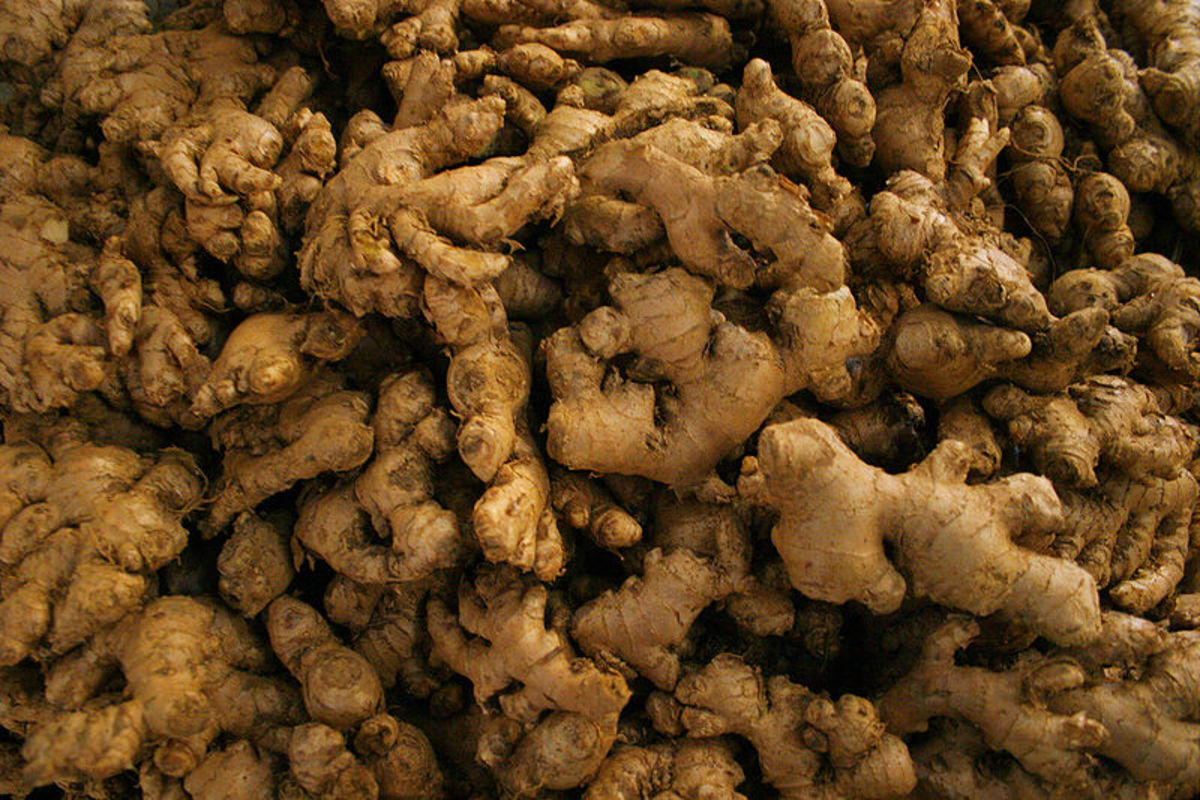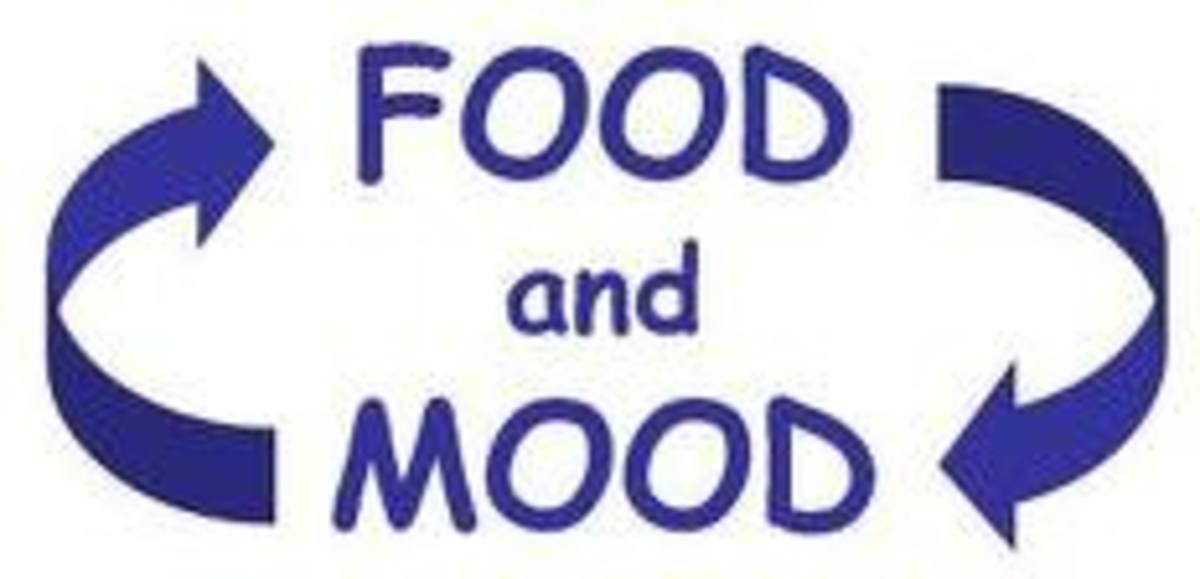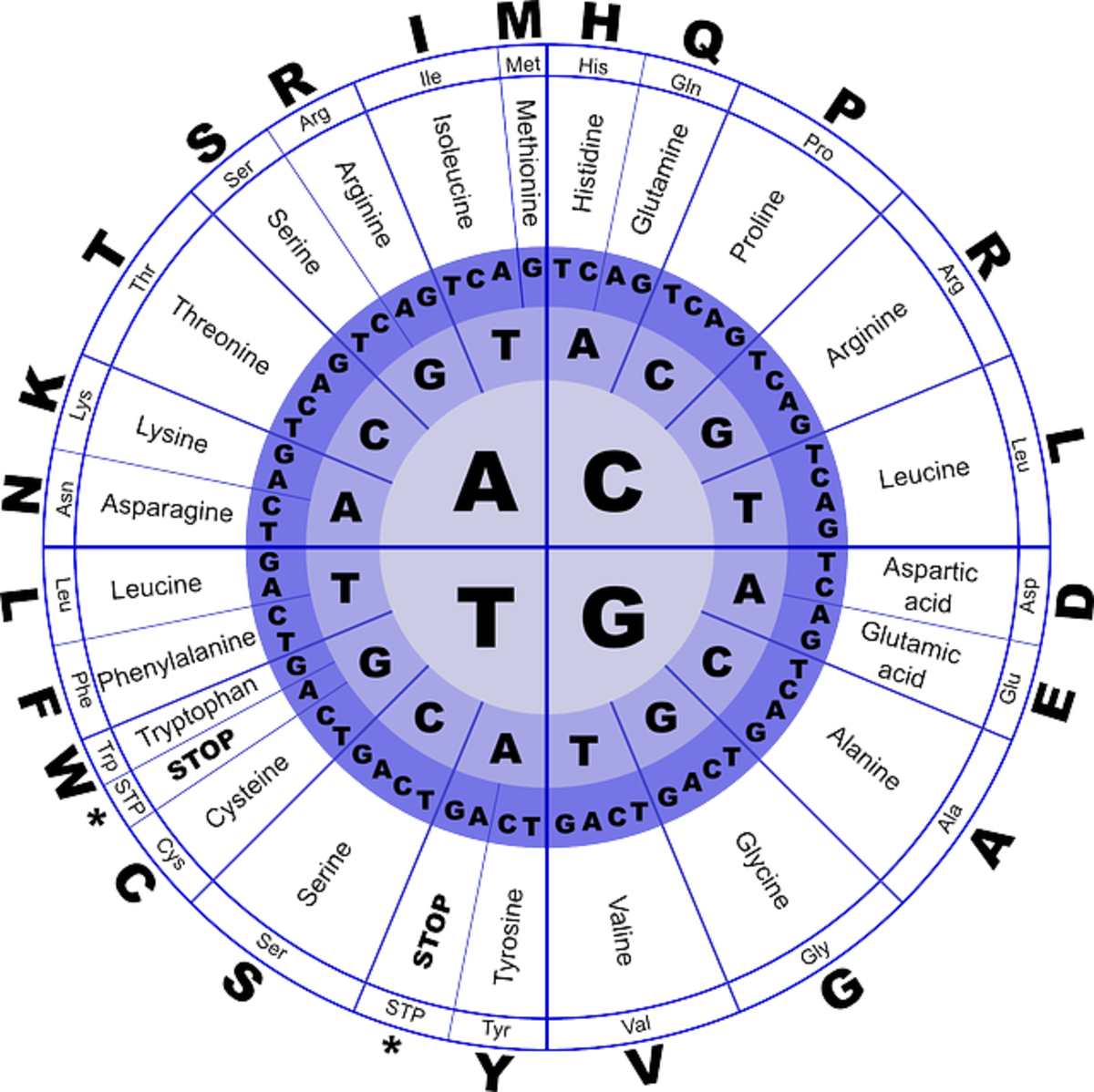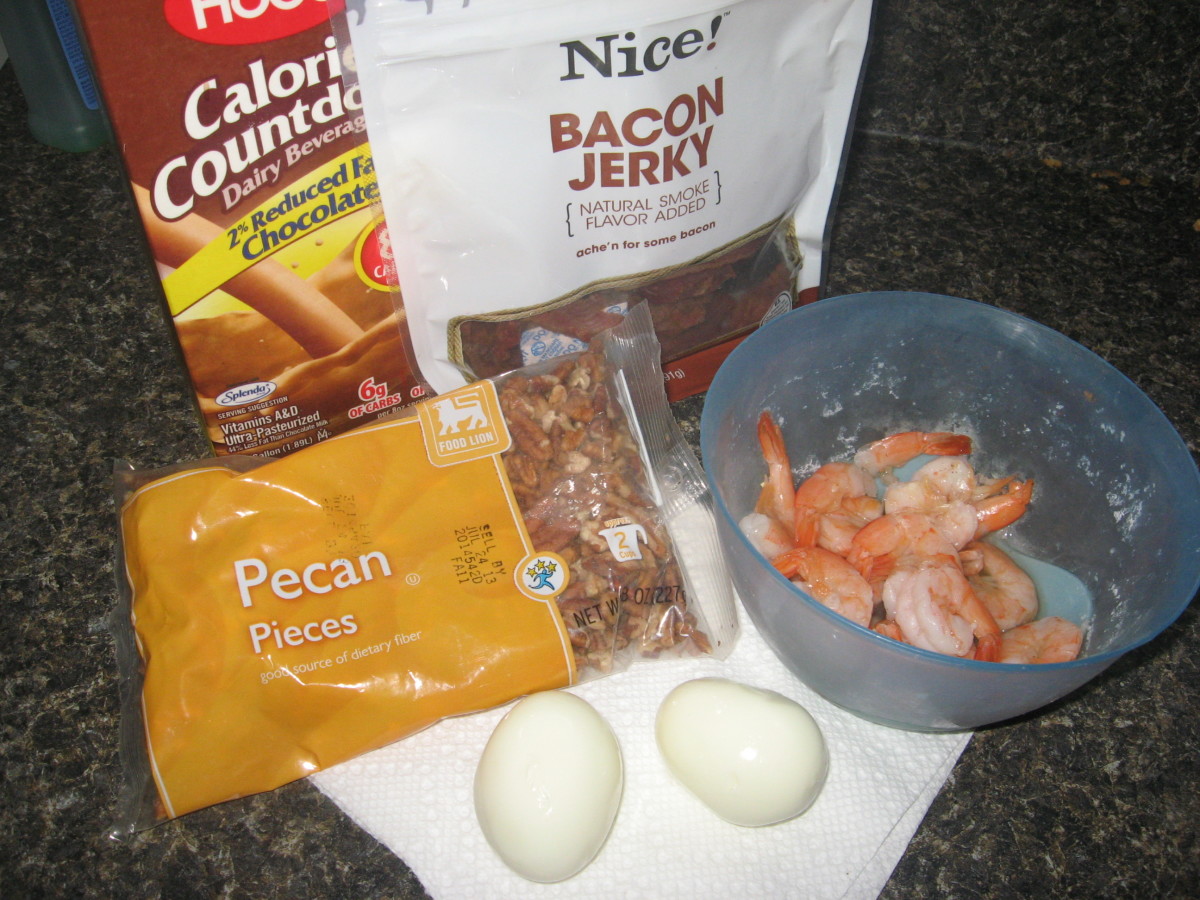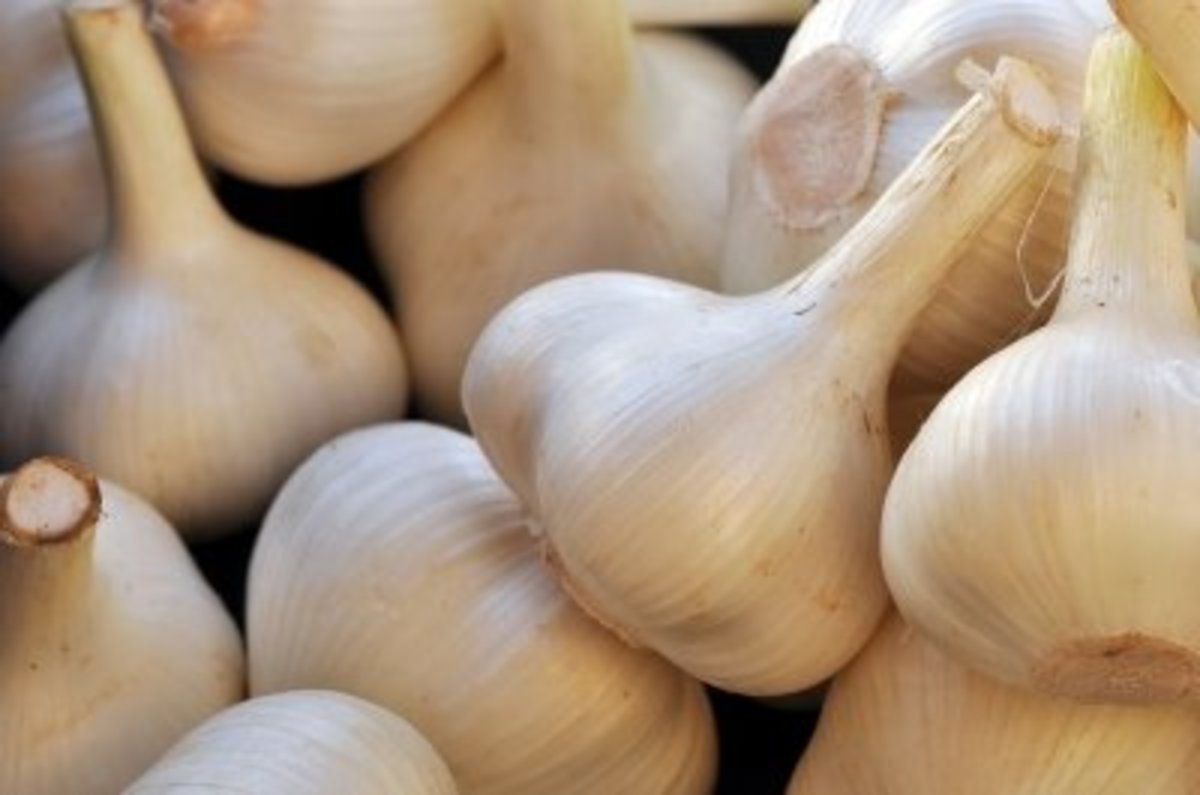Eating Protein After Exercise is a good idea
Having some high-quality protein after exercise is a good idea. Why?
Protein provides the raw ingredient called amino acids that helps build and grow muscle. The muscles are most receptive to receiving these proteins right after strenuous exercise. Strenuous exercise (such as weight lifting and cross-fit) breaks down muscles and somehow the body knows that it needs to rebuild them with these amino acids. It is the rebuilding process that bulks up the muscles.
WebMD writes ...
"Muscles need protein for recovery and growth, and the best time to deliver protein appears to be right after exercise. Providing high-quality protein after exercise gives your muscles the fuel and the building blocks needed for both repair and for growth."
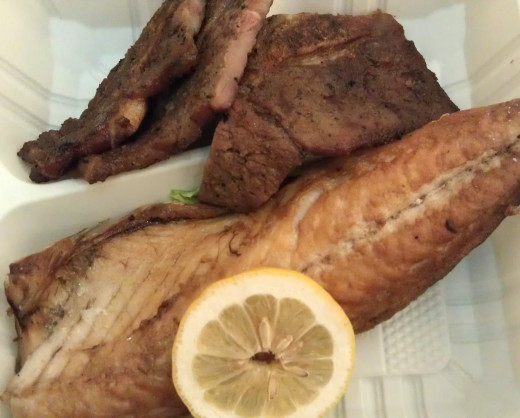
Protein for Muscles
Even if you are not a body builder and don't want to "bulk up", we want to maintain and not loose our lean muscle mass. As we age we lose lean muscle mass. According to Wikipedia, we loose about 0.5% to 1% of muscle loss per year starting after the age of 25. Eating high-quality protein after exercise is a good way to help prevent muscle loss.
Exercise Increases Insulin Sensitivity
Insulin is the hormone that enables glucose fuel to get into the cells for energy. It is also the hormone that helps build muscles. Insulin is known as an anabolic hormone. That means that it build things up.
Exercise makes the cells are more responsive to insulin's signals. This is known as increasing insulin sensitivity. Medscape explains how exercise increase insulin sensitivity.
As we age and if we are sedentary we tend to become more insulin resistant. The cells are not as responsive to the signals of insulin. Exercise can help reverse this.
Becoming more insulin sensitive is a good thing. It means that fuel can easily enter the cell for use as energy.
Insulin is produced by the pancreas in response to carbohydrates and, to a lesser extent, proteins in our meal.
When we exercise, our cells become more sensitive to insulin. And then when we eat, we trigger insulin is produced. Eating right after exercise make full use of insulin to shuttle glucose and amino acids into the cells for rebuilding. What great timing.
Carbs or No Carbs after exercise?
There are two opposing theories to whether we should add some carbs to the post-exercise protein meal.
On the one hand, if you really want to build muscles, you might also want to add a bit of carbs in that post-exercise protein meal. Because carbohydrates stimulates the pancreas to produce even more insulin than what proteins would alone.
However on the other hand, this is only a good idea if you are metabolically and physically active and are not diabetic or have any carbohydrate intolerance. If one is overweight or have insulin resistance, than carbs are typically something one would try to avoid.
Robb Wolf has a great post explaining both low-carb and high-carb in a post-workout meal.
Carbs and Exercise Boost Mood
As an interesting side note. Both carbs and exercise enhances mood. Why is that? Mood is enhanced when we have optimal levels of serotonin in the brain. Serotonin is made from 5-HTP which is made from the amino acid tryptophan, which is found in animal meat.
Unfortunately, of the various amino acids, tryptophan is lower in quantity than the other amino acids that are in meat. All these amino acids complete for access through the blood-brain barrier into the brain.
When we exercise and when we eat carbs, all these amino acids is directed to the muscles cells for rebuilding instead. All except for the amino acid tryptophan. While all these amino acids is busy rushing to the muscles, tryptophan just strolls right through the blood brain barrier into the brain unimpeded, where it then becomes the mood-enhancing serotonin.
Here is a quote from PsychologyToday...
"There is a body of evidence suggesting that eating carbohydrates along with protein can increase the tryptophan available to the brain. When carbohydrates are consumed, the body produces insulin, which diverts other amino acids to body muscles but leaves tryptophan untouched. With fewer competitor amino acids in the bloodstream, tryptophan more freely enters the brain, promoting calm and well-being."
Life Extension Magazine writes ...
"serotonin levels are enhanced by carbohydrate ingestion as insulin release accelerates the serum removal of other amino acids that compete for transport through the blood-brain barrier."
Here is a quote from the book The Mood Cure that says that the blood brain barrier ...
"is a selective filter that allows only so many amino acids to get into the brain at any given time. Because there's so much less of it to begin with, tryptophan can easily get lost in the shuffle..." [page 28]
What did hunter gathers do?
Our Paleolithic ancestors who hunted ate protein after exercise. Although they didn't call it protein, it was just meat food. And it was certainly not exercise in our sense of the word. To them, it was hard strenuous work running around hunting wild game and buffalo. And when they down one, they eat it right away. They didn't have refrigerators. And after they ate, they were in good mood.
In summary....
In summary, it goes like this....
1. Running around hunting wild game (exercise) improves insulin sensitivity so cells can receive fuel.
2. Ate protein, whose amino acid get rapidly shunted by insulin back into the muscle cells for rebuilding.
3. All the various amino acids get corralled into the muscles except for tryptophan. Tryptophan quietly goes through the blood brain barrier without needing to compete with the other amino acids for access. Once in the brain, tryptophan becomes serotonin the mood-enhancing hormone.
Wow. Whoever designed this biochemical system must have been a genius. It is likely that our current biological system has evolved to be optimized based on the hunter-gather scenario of catching and eating prey. So that is why is it optimal to eat protein after exercise.

